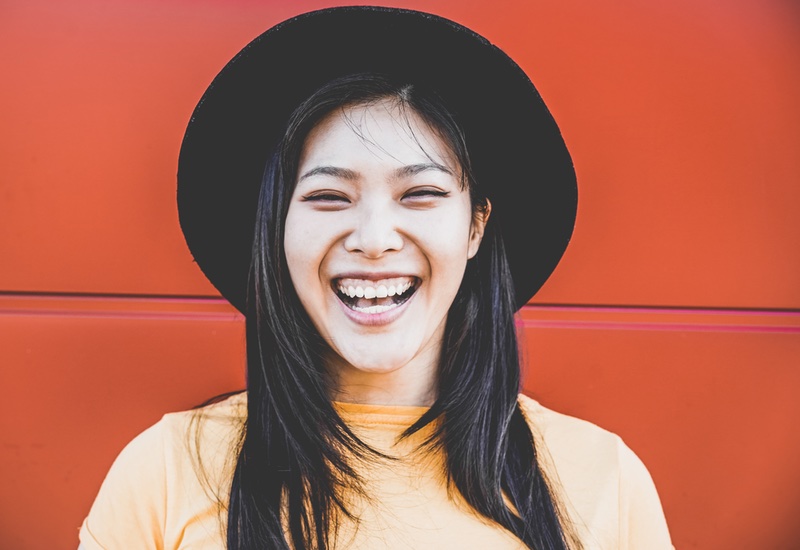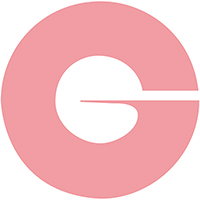China’s Personal Care and Homecare Ingredients (PCHi) event returned to the Pearl River delta manufacturing hub of Guangzhou for its 2019 edition, which took place from 26-28 February at the city’s Poly World Trade Center.
The show switches location biennially between Guangzhou and China’s other major cosmetic production site, Shanghai. But with a larger number of local manufacturers and suppliers calling Guangzhou home, 2019’s edition felt especially vibrant.
Exhibitor and visitor numbers in 2019 were a record high for PCHi, with 634 exhibitors from 27 countries and a total of 25,637 visitors. But the ‘energy’ wasn’t solely from greater attendance. This year’s PCHi boasted a particular focus on the needs of China’s influential young consumers, which added an overall freshness to proceedings.
“This is the 12th edition and we have a lot of highlights. This year, we have a new immersive experiential zone – PCHi Frontier – that comprises a consumer behavior research system, ‘Gen-isys’; a virtual reality (VR) encounter; and a unique showcase on trendy packaging design concepts for the millennial generation,” Joe Zhou, Vice President of PCHi organiser Reed Sinopharm Exhibitions, told SPC. “Here we’ve attempted to capture consumer market insight, or CMI, into the millennial generation, which in China we call the ‘zero-zero’ generation – how they view, or look at new products and trends using technology. We’ve pumped the feeling of this new trend and new technology into PCHi Frontier, applying it to this industry.”
Zhou noted that in future, PCHi was looking to input further learnings from brands’ insights into end customer behaviours. “We’re starting at brand first,” he said, adding that because the zero-zero generation “represents the future, we’re going to capture that”.

China's youth are driving demand for eco-friendly goods and colour cosmetics
China’s youth revolution
So, what do China’s young people look for in their personal care and beauty goods?
“First of all, they are eco-friendly,” said Zhou. “They also try to achieve a very easy-going lifestyle and although they do have some worries and fears, overall they embrace change and they like to try new things. Studies from different [cosmetic] segments and especially for colour cosmetics show they’re not just sticking to one or two things: they like variety.
“They also like to go back to what is ‘classic’, now that the trend for nationalism is going mainstream. We call it the Forbidden City effect [after the 2018 sell-out success of an official colour cosmetics range from the popular Beijing heritage site].
“The 40-50 age group look for anti-ageing and whitening products – that’s the mainstream – but the young generation are looking for self-expression, and colour represents their lifestyle. That’s why the Forbidden City lipsticks are having such a big impact.”
This generation’s demand for efficacy and speed of efficacy is also influencing the skin care category, as several industry insiders mentioned.
Zhigang Miao, Head of Industrial & Consumer Specialties at Clariant China, noted: “In the China market, compared with western markets, people are more willing to try something with a new concept or claim.
“The younger group in China are willing to pay for real function. They’re not loyal to a brand – even a multinational brand. They buy due to a claim, a function, a concept and if it works, they’ll buy it next time.”
As Zhou noted, younger generations opt for environmentally-friendly choices; moreover, the ‘greening’ of the Chinese cosmetics market is very in-line with general demand for higher quality finished products.
“Green has become more and more trendy during the 25 years we’ve been operating in this business,” added William Luo, Sales Director, Product Manager of China-based distributor BioHope. “We think it’s a ‘forever trend’.”
BioHope boasted a particularly buzzy booth at PCHi with sample displays to rival those of high-end branded products, detailed all the way through to packaging and marketing. On the green theme came Zen Plant, while Zen Plus was a concept range inspired by luxury dermatological skin care.
The company also demonstrated its partners’ ingredients via a clear lip balm and a crimson lipstick that were so natural they were edible; here BioHope was another player inspired by the Forbidden City make-up line, casing its demo products in gold and red with illustrations of crane birds.



